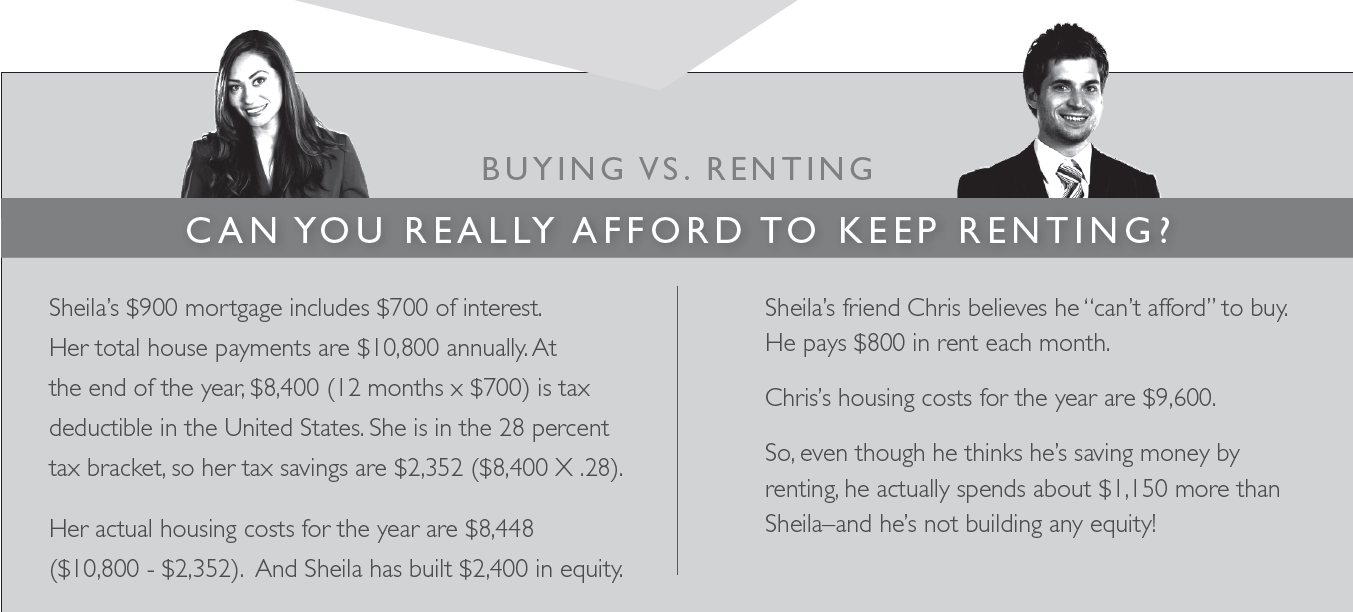Discover the True Cost of Your Desired Lifestyle: Step-by-Step Guidance to Budgeting Your Future
Introduction: Why Knowing Your Lifestyle Cost Matters
Understanding the actual cost of your lifestyle is essential for making informed decisions about your career, financial planning, and long-term goals. Many people underestimate how much it takes to support their preferred way of living, leading to unexpected financial stress. Tools like lifestyle cost quizzes and calculators empower you to estimate your expenses, set realistic salary goals, and plan for a sustainable future [1] .
How Lifestyle Cost Quizzes Work
A lifestyle cost quiz is an interactive assessment that asks about your preferences for housing, transportation, food, healthcare, entertainment, and more. By selecting options that match your desired living standards, the tool calculates the monthly or yearly income you’ll need to support those choices [1] . These quizzes typically include:
-
Housing:
Apartment, house, luxury, shared or solo living -
Utilities:
Electricity, water, internet speed -
Food:
Home cooking, takeout, dining out -
Transportation:
Public transit, personal vehicle, ride-sharing -
Healthcare:
Insurance, routine visits, emergencies -
Entertainment:
At-home activities, movies, outdoors, travel
By inputting your choices, the calculator provides an estimated target salary and a breakdown of projected expenses [2] .
Step-by-Step Instructions to Estimate Your Lifestyle Cost
-
Identify Your Priorities:
Consider what matters most-location, amenities, experiences. List essential and discretionary items. -
Use a Verified Lifestyle Calculator:
Visit reputable resources such as the College for TN Lifestyle Calculator or OhioMeansJobs Lifestyle Calculator . These tools are free and accessible, with step-by-step options for every major expense category. -
Input Details for Each Expense:
For each category, select your realistic preferences. For example, choose your housing type, preferred transportation, and entertainment habits. -
Review Salary Recommendations:
After completing the quiz, you’ll be shown an estimated target salary based on your selections. This figure helps you set career and income goals aligned with your desired lifestyle [2] . -
Explore Job Matches:
Many calculators link directly to job search engines, allowing you to find occupations that can support your financial needs.
If you prefer a broader comparison between cities or states, use the NerdWallet Cost of Living Calculator , which uses data from over 300 U.S. locations to compare expenses side by side [3] .
Major Expense Categories Explained
Housing
Housing is almost always the largest expense in any budget. The cost varies widely based on location, type of property, and amenities. For example, renting a one-bedroom apartment in a metropolitan area can cost double or triple the same space in a rural town. Use calculators to compare regional differences and factor in utilities, insurance, and maintenance [5] .

Source: scoreapp.com
Utilities
Utilities include electricity, water, gas, and internet. These costs fluctuate with usage, region, and service provider. High-speed internet and cable packages can add significant cost. In shared housing, some expenses may be split among roommates, lowering your individual burden.
Food
Food budgeting depends on whether you cook at home, eat out, or opt for convenience foods. Home cooking is generally cheapest, while frequent dining out increases monthly expenses. Track your habits for a realistic estimate and adjust as needed when prices fluctuate [3] .
Transportation
Transportation expenses vary based on your choice of car ownership, public transit, or ride-sharing. Owning a vehicle involves payments, insurance, gas, maintenance, and parking. Public transit is often cheaper but may not be practical everywhere. Use calculators to estimate annual transportation costs for your location and lifestyle [5] .
Healthcare
Healthcare costs include insurance premiums, out-of-pocket expenses, and routine care. Your employer may subsidize insurance, but personal plans can be costly. Always budget for emergencies and dental or vision care not covered by basic insurance [1] .
Entertainment and Discretionary Spending
Entertainment ranges from streaming services and hobbies to travel and nightlife. Discretionary spending is what remains after covering essentials. The more you allocate here, the higher your required income. Adjust as needed based on your priorities and economic conditions [5] .
Using Your Results to Plan Your Career and Financial Path
Once you know your target salary, research potential career paths and job markets that align with your budget. Use industry search features in calculators to match your financial needs with real job opportunities [2] . Consider further education or training if your current skills or qualifications don’t meet the target salary.
If you need more local guidance, tools like Reality Check from North Carolina Department of Commerce offer state-specific income estimates and job recommendations. You can also contact your local Department of Commerce or workforce development agency for support and advice.
Alternatives and Advanced Budgeting Methods
For a more detailed breakdown, use cost-of-living comparison calculators such as Bankrate’s Cost of Living Calculator . These tools let you compare expenses between cities, helping you decide if a move or job change is financially viable [5] . You can also apply the 50/30/20 rule: allocate 50% of your income to essentials, 30% to discretionary spending, and 20% to savings and debt reduction [3] .
If you cannot find a calculator for your region, manually estimate costs by researching local prices for rent, utilities, groceries, and transportation. Contact local real estate agents, utility providers, and healthcare offices for accurate quotes. Always update your budget as your circumstances change.
Potential Challenges and Solutions
The main challenge in estimating lifestyle cost is accounting for price fluctuations, unexpected expenses, and personal changes. Inflation, rent hikes, or health emergencies can derail a budget. To manage these risks:

Source: liveson.org
- Review your budget quarterly and update expense estimates
- Set aside an emergency fund for unforeseen costs
- Prioritize flexible spending and avoid long-term commitments where possible
If you find your target salary is unattainable, consider adjusting discretionary expenses, seeking roommates, or exploring remote work opportunities in lower-cost regions.
Summary and Next Steps
Knowing the cost of your lifestyle is the foundation of sound financial planning. Use verified calculators to estimate your expenses, set realistic salary goals, and research jobs that match your needs. If calculators are unavailable for your area, use manual research and consult with local experts. Regularly review and adjust your budget to stay on track as circumstances change.
Key Takeaway:
Start today by identifying your priorities, using a trusted lifestyle calculator, and planning your financial future with confidence. For further assistance, contact your local workforce agency or financial advisor.
References
- [1] College for TN (2022). Lifestyle Calculator: Estimate the true cost of your preferred lifestyle.
- [2] OhioMeansJobs (2024). Lifestyle Calculator: Target salary and expense breakdown.
- [3] NerdWallet (2025). Cost of Living Calculator: City and salary comparison powered by C2ER.
- [4] North Carolina Department of Commerce (2024). Reality Check: State-specific lifestyle income estimator.
- [5] Bankrate (2024). Cost of Living Comparison Calculator: Compare expenses across U.S. cities.



